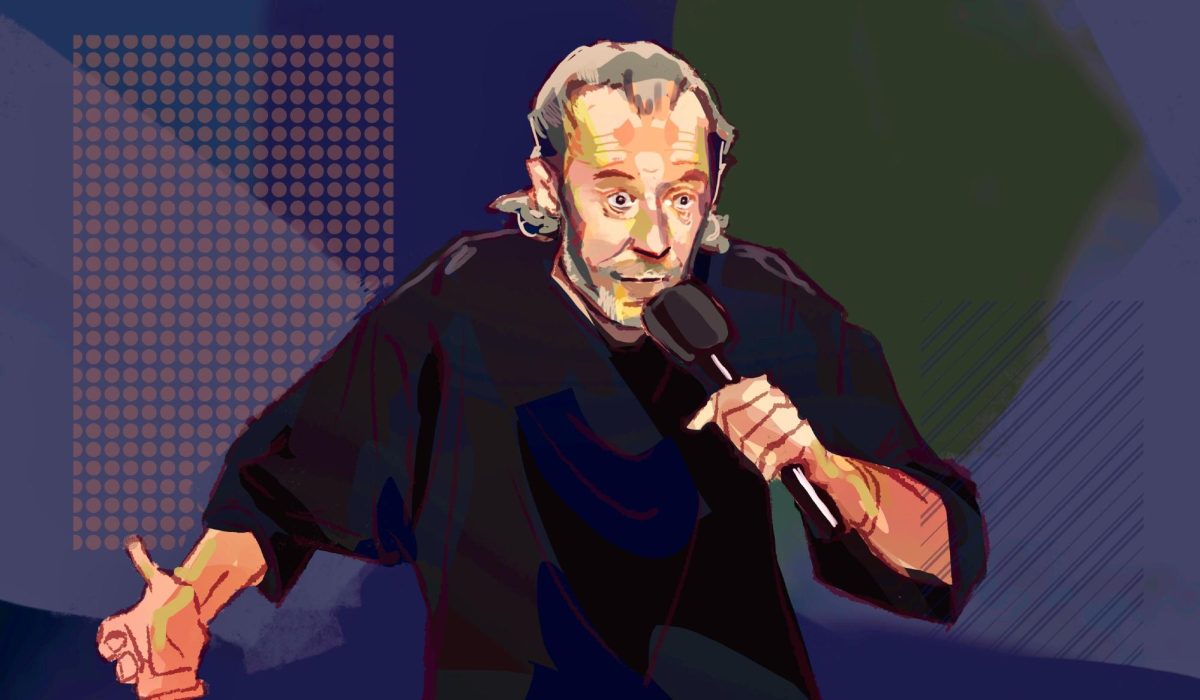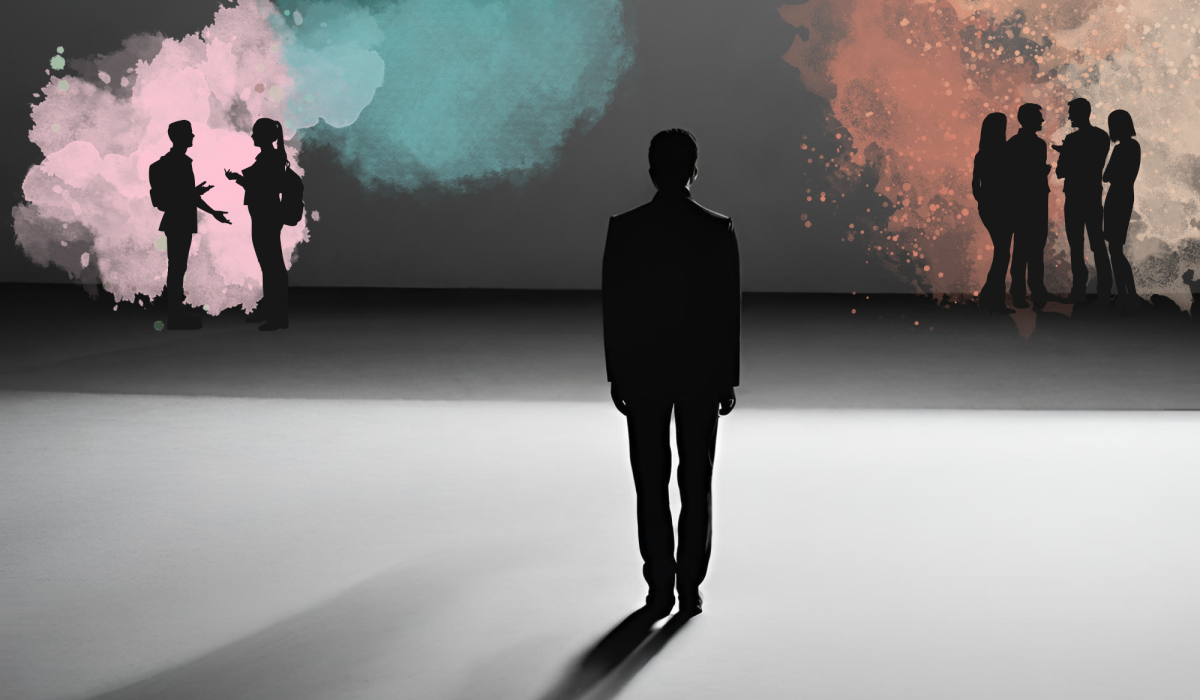“There’s been another mass shooting in America — this time, in a community college in Oregon,” President Barack Obama said in a White House press statement.
It’s a sobering statement, and one that loses its efficacy each time. And this goes without saying that Obama is jaded: He’s made 15 statements and counting on mass shootings, with two statements just this past summer, one in Charleston, South Carolina and the other in Lafayette, Louisiana. Roseburg, Oregon now dots the map with a mass shooting at Umpqua Community College. It’s as if the debate over gun control ebbs and flows, gaining droves of support when incidents occur but losing all collective force to enact legislation when the news cycle hits reset.
The U.S. can’t seem to align its crosshairs with gun control. Maybe mental health is the overarching issue that not enough Americans are actually confronting. Or maybe mental health is a scapegoat public figures like to use as the reason why thousands of Americans die every year from gun violence. On a segment from “Last Week Tonight with John Oliver,” Oliver handily dismisses the notion that those with mental illnesses perpetrate the majority of gun-violence. In fact, mentally ill people are less likely to commit violent acts, but do experience a disproportionate amount of violence against them. According to a new study in the American Journal of Public Health, just 5 percent of 120,000 gun-related killings between 2001 and 2010 were committed by those with a mental illness. Just 5 percent. Yet when a mass shooting occurs, talking heads pull from their armory phrases synonymous with “mental illness.”
Obama made a call-to-action in his statement, asking news sources to report on the number of civilian deaths from terrorist attacks versus gun-related violence. CNN, The Rolling Stone, Forbes, Vox and several more news outlets weighed in with strikingly similar charts and figures. The consensus? Approximately 3,000 victims of terrorist attacks have been killed from 9/11 onward compared to over 400,000 victims from gun violence. And despite this stark difference in terrorist and gun-related incidents, Obama stated that the United States has successfully poured trillions of dollars into counter-terrorism efforts, but cannot get legislation off the ground to research ways to prevent gun violence.
Then there’s gun culture in the U.S. Many could — and would — argue that owning a firearm is a right and is clearly stated in the Constitution. Some pro-gun individuals, like National Rifle Association Board member Charles Cotton, would even argue that the solution is to have more guns to protect us from guns. Republican presidential candidate Donald Trump agrees, spewing that if the faculty at UCC had guns, the situation would’ve been dramatically different. But the truth of the matter is that 85 percent of Americans support background checks as a method of gun control, and 57 percent of Americans support a ban on assault-style weapons. These statistics, gathered by Pew Research Center, show that more than half of the American population would like there to be more gun control, if not at least more laws surrounding the purchasing of guns.
So there’s something deeper and more obscure than the debate over gun control. There are influences that have more gravity than public support. This simple truth causes many voters to develop a feeling of powerlessness on the issue of gun laws. According to the Washington Post, on average, 55 people die every day by their own guns and will continue to do so until there is a solution to guns in the U.S. And the scariest thing of all is that there is no solution. There is not one piece of legislation that can be passed swiftly and with unabashed bipartisan support. There is no smoking gun when we need one.













